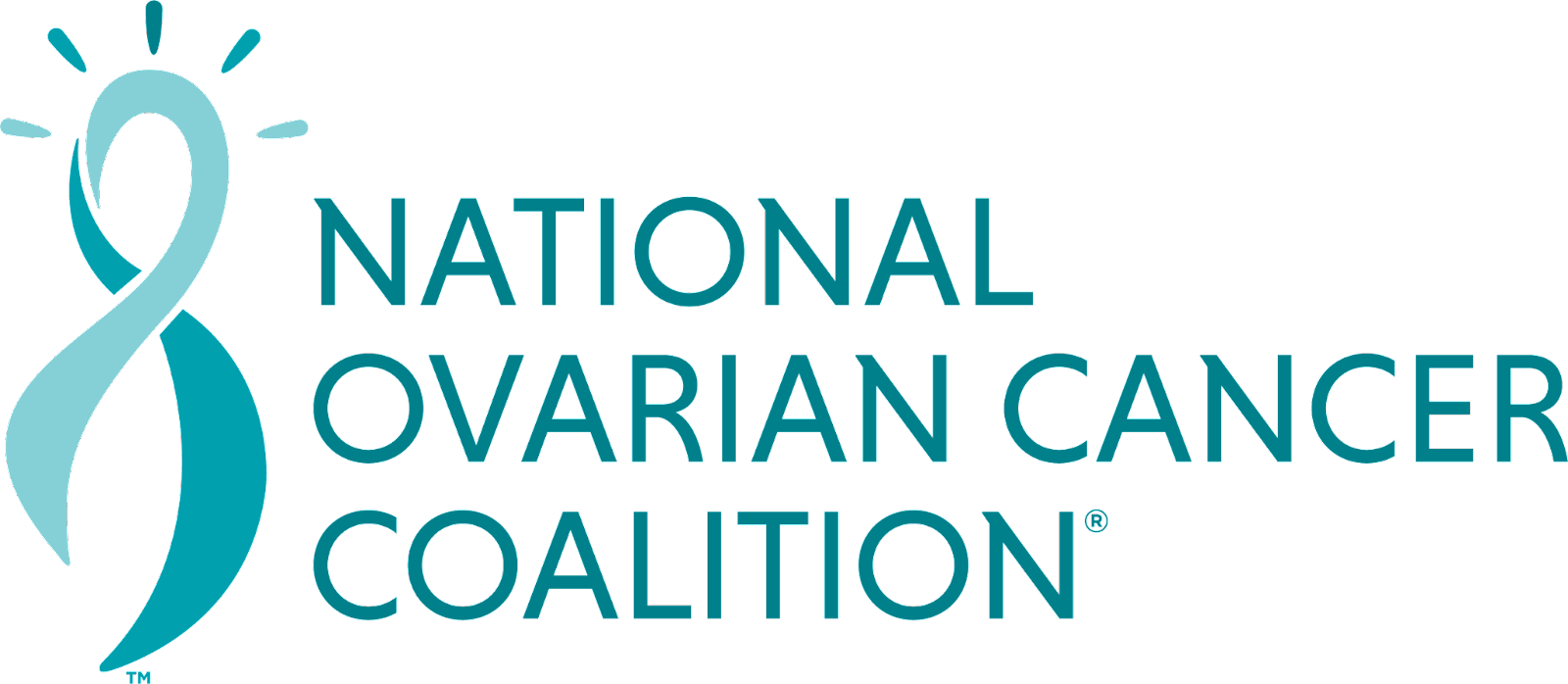
Palliative Care Just as Important as Treating Ovarian Cancer Itself

Palliative care can be used at all cancer stages, and can drastically improve patients' quality of life.
Patients must advocate for themselves to receive palliative care in conjunction with their treatment regimen to help with symptom burden, according to a presentation from the 2018 National Ovarian Cancer Coalition (NOCC) Annual Meeting.
Palliative care is defined as specialized medical care for people with serious illnesses, intended to focus on providing relief from the symptoms and stress of a disease, with the ultimate goal of improving quality of life for patients and their loved ones. Of note, despite common misperceptions, its use is appropriate at any age and stage of disease and can be provided along with curative treatment.
“Treating the pain, symptoms and stress of cancer in active treatment and its aftermath is as important as treating the cancer,” said Beth Popp, M.D., senior faculty member at the Brookdale Department of Geriatrics and Palliative Medicine at the Icahn School of Medicine at Mount Sinai.
“When serious illness strikes, we want to achieve, cure or keep disease in check; maintain good functioning and quality of life; to have coordination and connection of care; and support to help us make informed decisions,” she added.
However, this is not a practice that health care systems have done well, Popp added. She attributed this to the fact that most doctors are not trained to assess or adequately address pain, symptoms and distress when it comes to serious illnesses. “We are a ‘sick-care,’ technology- and disease-driven system that short changes quality of life.”
Another problem is that there is low public awareness of palliative care among patients and their caregivers. In a 2011 survey, 70 percent of 800 adults surveyed said they had no knowledge of the specialized care. However, once they were informed about what palliative care was, 92 percent said they would be likely to consider its use, another 92 percent believed patients should have access to it nationwide, and 95 percent agreed that patient and family education on palliative care as a part of treatment is important.
In ovarian cancer specifically, quality of life is most affected by symptom burden from both the disease and its treatment. “Early integration of palliative care into the collaboration management of ovarian cancer can lead to improved outcomes and greater quality of life throughout the disease,” Popp said.
She added that is important for patients to know that palliative care can not only relieve pain and symptoms, but it can also help patients live longer, improve family support, reduce hospitalizations and emergency department visits, and reduce unnecessary tests and procedures, too.
Popp also recommended that patients not wait for their doctors to bring up palliative care. “If you are suffering with pain, other symptoms or stress due to the cancer or its treatments, you should ask your doctor for a palliative care referral,” she explained. “Explain that you could benefit from an extra layer of support.”
Lastly, if patients are in need of more resources, they can visit GetPalliativeCare.org.
“We are living longer than ever before with ovarian cancer and other serious illnesses,” said Popp. “Both the cancer and the symptoms can and should be treated.”




